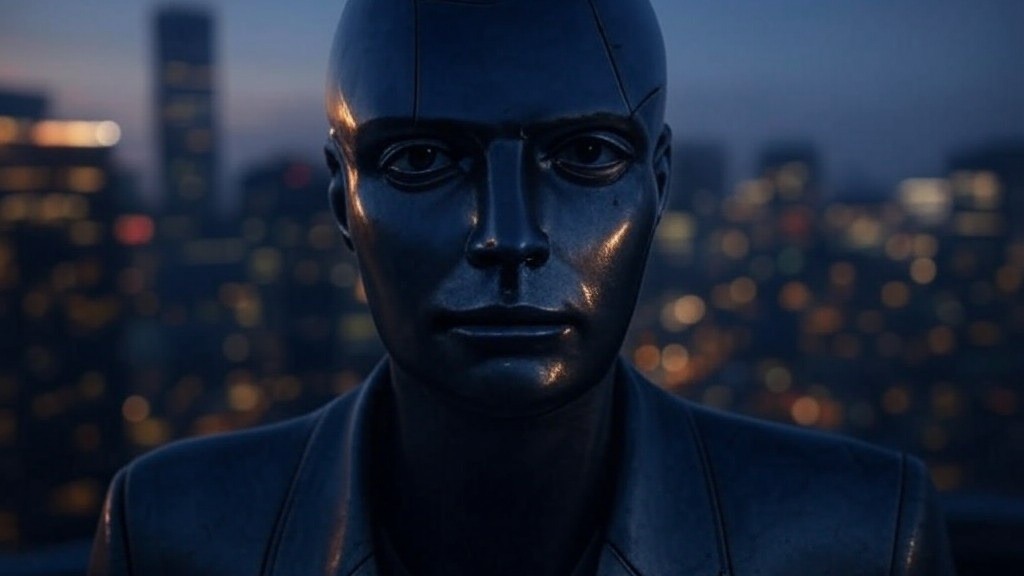Prefer listening? I transformed this article into a podcast using Google’s NotebookLM. It’s surprisingly accurate and even expands on some of the ideas. Give it a listen!
For centuries, intelligence has been a defining factor of success in business, education, and innovation. Those who had access to the best knowledge, the sharpest minds, and the most sophisticated decision-making processes held the upper hand. But what happens when intelligence is no longer a scarce resource?
We are entering an era where artificial intelligence is making knowledge instant, insights automated, and problem-solving nearly effortless. The very foundation of competitive advantage—intelligence—is becoming a commodity with zero value.
And this is only the beginning. Artificial Super Intelligence (ASI) is closer than we realize—a future where machines will surpass human cognitive abilities across all domains, from creativity to complex decision-making. When that moment arrives, the cost of accessing super-intelligent agents will be something between zero and twenty euros per month.
This shift is more than just another technological evolution; it is a disruption of the fundamental rules of business and society. Just as industrial automation made physical labor less valuable, AI is now devaluing cognitive labor. Companies that once thrived on expertise, data-driven insights, or complex decision-making processes must now redefine their edge beyond intelligence.

The key question for businesses will no longer be “How smart are we?” but rather “How fast, adaptable, and emotionally connected are we?”
The intelligence disruption is already happening. The only question is: Are we ready for it?
The evolution of intelligence as a competitive advantage
For most of history, intelligence was a scarce and valuable resource. Success depended on having access to knowledge, expertise, and the ability to make superior decisions. Businesses and individuals who mastered these skills had a clear advantage over their competitors.
Then came AI. Initially, it served as an enhancer, augmenting human intelligence with data-driven insights. Companies that leveraged AI gained an edge, optimizing operations, predicting trends, and personalizing customer experiences. But now, with intelligence becoming abundant, it is no longer a differentiator—it’s a commodity.
In the zero-value intelligence era, AI doesn’t just assist in decision-making; it automates it entirely. Tasks once requiring deep expertise—market analysis, strategic planning, creative ideation—can now be performed at near-zero cost.
The advantage is no longer about who is smarter but who executes faster, builds stronger relationships, and creates the most compelling experiences.
What happens when intelligence is free?
When intelligence becomes universally accessible, companies must redefine what makes them unique. Once, having superior knowledge was a competitive advantage. Now, with AI providing instant insights and automating decision-making, differentiation shifts to speed, trust, and human experience.

The real edge will belong to those who act on intelligence faster, build deeper customer relationships, and create experiences that resonate beyond raw data. In a world where AI can generate ideas effortlessly, execution becomes the true battleground.
How to compete in the zero-value intelligence era: lessons from Pobuca
At Pobuca, I’ve often found myself censoring ideas based on the cost of R&D—but that constraint is disappearing. With AI making intelligence nearly free, the challenge is no longer “Can we figure this out?” but “How fast can we implement and refine it?”
With intelligence becoming a commodity, the real game-changer at Pobuca is how we integrate AI into our R&D process. Our core innovation has always been driven by software architects and developers, but now, they are no longer working alone. AI agents will surround and augment them, accelerating coding, automating complex problem-solving, and enabling near-instant prototyping.
Speed is now the ultimate differentiator in a world where intelligence is abundant and nearly free. When AI can generate insights, write code, debug software, and optimize architectures instantly, the true advantage shifts to who executes first and adapts fastest. The traditional barriers of R&D—long development cycles, high costs, and resource constraints—are dissolving. What once took weeks or months can now be done in days, if not hours, with human creativity orchestrating AI-driven execution.

At Pobuca, we are preparing for this shift by rethinking how we develop, test, and deploy software. Instead of overanalyzing, we are building a workflow where AI acts as a real-time coding assistant, handling routine development tasks while our teams focus on high-level strategy, creativity, and innovation. The future of software isn’t just about writing code—it’s about orchestrating AI-driven development at scale. If intelligence is now free, execution speed is the new currency of success.
The future belongs to the fast and the wise
The world is entering an era where intelligence is cheap, abundant, and universally available. Businesses that once thrived on superior knowledge and decision-making must now look elsewhere for a competitive edge.
Success in the zero-value intelligence era will belong to those who can:
- Act faster than competitors.
- Build trust beyond algorithms.
- Create experiences that resonate on a human level.
The intelligence disruption is already here. The only question is: Will we be the ones leading it?
